催收账款英文翻译及缩写
Debt Collection: Understanding the Process and its Abbreviations
Introduction:
Debt collection is an essential aspect of financial management, ensuring the recovery of outstanding payments. This article aims to provide an overview of the debt collection process and highlight some common abbreviations used in this field.
1. Definition:
Debt collection refers to the process of pursuing payments from individuals or businesses who have overdue debts. This often involves communication with debtors, negotiating payment plans, and, in some cases, legal action to recover the owed amounts.
2. Debt Collection Process:
a. Initiation: The debt collection process begins when a debtor fails to make a payment by its due date. At this stage, the creditor may opt to send payment reminders or contact the debtor by phone or mail.
b. Communication: If initial attempts fail, the creditor may escalate the communication by sending collection letters or making phone calls. These communications inform debtors of the outstanding amount, potential consequences of non-payment, and the importance of resolving the debt promptly.
c. Negotiation: Debtors who acknowledge their debts but are unable to make immediate payments may undergo negotiation processes. This can involve setting up installment plans, temporary payment deferrals, or reduced settlement amounts.
d. Legal Action: In cases where the debtor does not respond or refuses to cooperate, the creditor may pursue legal action. This can involve filing a lawsuit, obtaining a judgment, and using various legal measures to recover the debt, such as wage garnishment or seizure of assets.
e. Debt Settlement: If legal action is successful, it may result in a debt settlement, where the debtor agrees to pay an agreed-upon amount to resolve the debt. This can be in the form of a lump sum payment or a revised payment plan.
3. Common Abbreviations in Debt Collection:
a. AR - Accounts Receivable: The total amount owed to a business by its debtors.
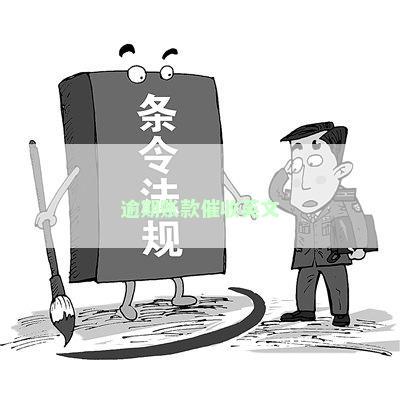
b. DSO - Days Sales Outstanding: A measure of how long it takes for a business to collect payment after a sale is made.
c. COD - Cash on Delivery: A payment method where the debtor must pay in full at the time of receipt of goods or services.
d. NCOA - National Change of Address: A database used to update debtor contact information, ensuring effective communication.
e. FDCPA - Fair Debt Collection Practices Act: A federal law in the United States that outlines guidelines for debt collection practices and protects debtors from harassment or unfair treatment.
Conclusion:
Debt collection is a critical process for businesses and individuals to recover overdue payments. Understanding the debt collection process and the common abbreviations used in this field can help both creditors and debtors navigate the complexities of debt resolution effectively.
精彩评论
◎欢迎参与讨论,请在这里发表您的看法、交流您的观点。
 史访
史访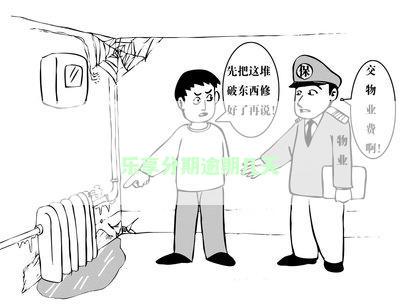
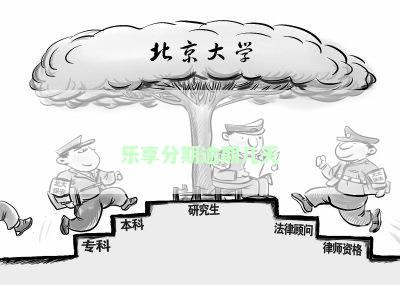



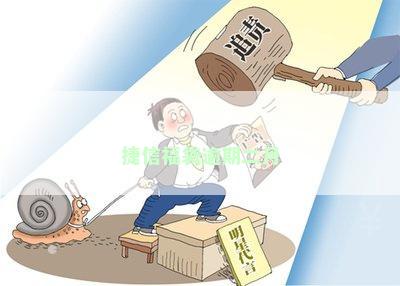

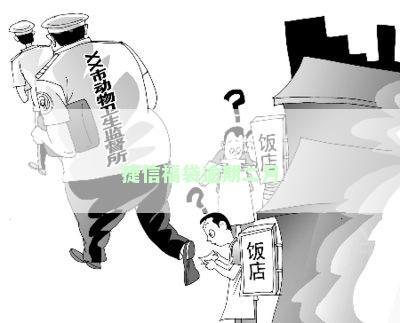
最新评论